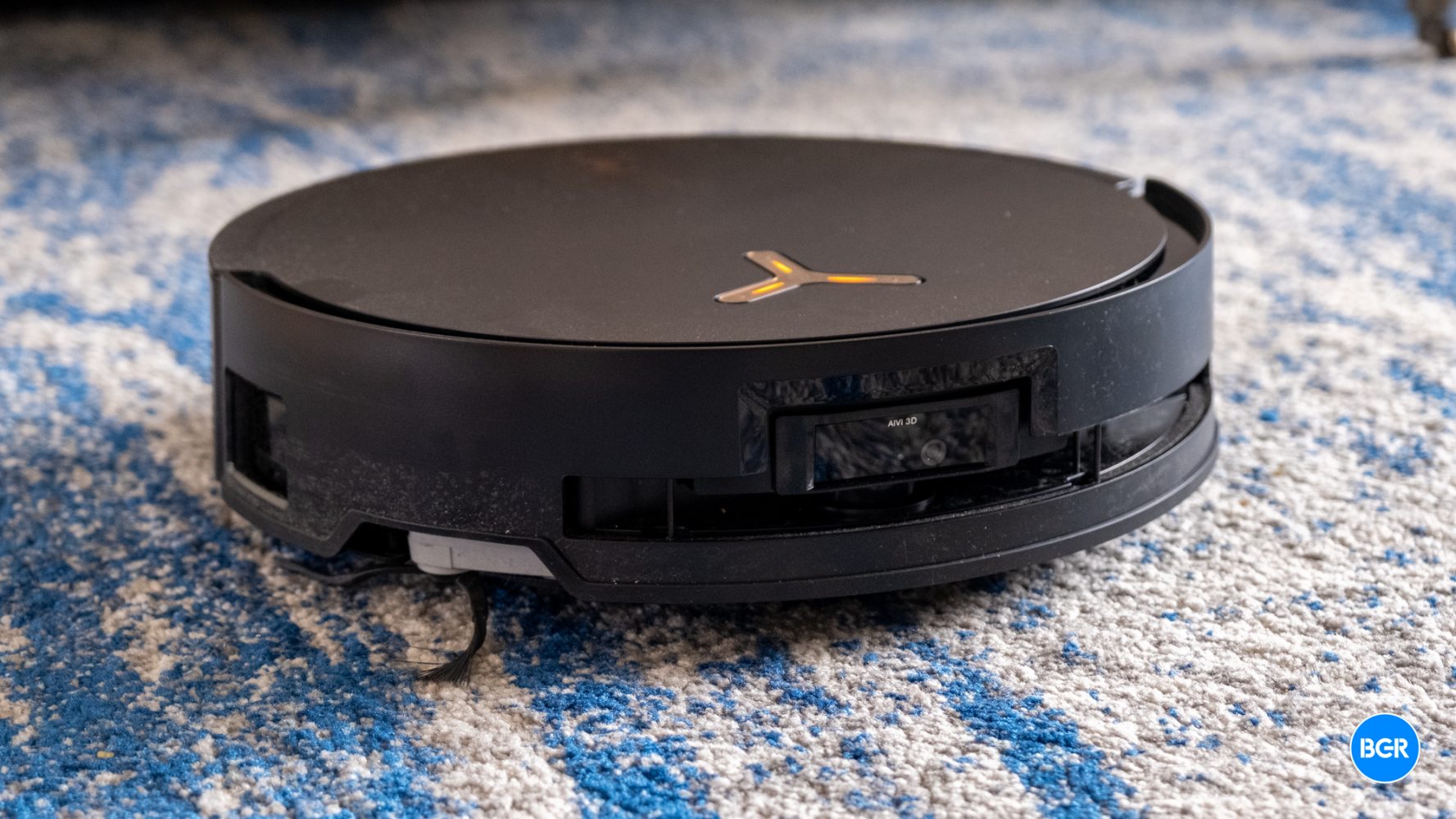Since Paystack launched “Zap by Paystack,” there have been too many stories on trademarking, and the name ‘ZAP’ is the causative agent in this headache. The question is: Does Zap Africa, a company that has raised a total of $300,000 (declared) in funding over one round, own the ZAP brand?Well, in 2009, Zain announced plans to bring mobile banking to people in Africa with the launch of its new service, Zap.“Providing the most comprehensive and accessible package of mobile banking features currently available on the African continent, Zap will be initially available in Kenya and Tanzania before launch in Uganda.
Zap represents the most comprehensive mobile banking service ever launched and will provide millions of people with access to banking for the first time.”Zap included several key features aimed at enhancing mobile financial services. Here are some of the standout features:Agent Network, Mobile Wallet, Money Transfers, Bill Payments, Recharge Services, Merchant Payments, User-Friendly Interface.

However, there is no available evidence to suggest that Zain officially launched the Zap service in Nigeria. While Zain had a significant presence in Nigeria’s telecoms sector during that period, specific records of the Zap service being introduced in the Nigerian market are not available.Meanwhile, we would recall Zappy, which, while reminiscent of “Zap”, is a distinct neobank in Nigeria offering a comprehensive suite of digital banking solutions through its secure and user-friendly mobile application.
Launched on April 20, 2023, users can send and receive money, pay bills, convert airtime to cash, and create virtual cards for seamless online transactions locally and internationally.A standout feature is the “Zap Pin,” which adds an extra layer of security to transactions, ensuring that only authorised users can access and manage their funds.There is also Zaps Logistics, a claimed rapidly expanding Nigerian logistics company offering diverse delivery services, including international shipping to over 200 countries.
They provide various vehicle options to suit different needs and aim for quick delivery times. They have offices in Ibadan and Lagos, Nigeria.Zaps is a slight variation, too.
Across decades, many companies in different sectors of the economy have used the name ‘Zap’ in their nomenclature. A random search on CAC would show these companies – except that business registration and trademarking are two different elements on a coin.Understanding Business Registration vs.
Trademark RegistrationIn Nigeria, registering a business name or company with the Corporate Affairs Commission (CAC) grants legal recognition to operate under that name. However, this registration does not confer exclusive rights to the name itself.To secure exclusive rights, especially concerning brand identity and protection against unauthorised use, a separate trademark registration is required.
This process is governed by the Trademarks Act and managed by the Trademarks Registry under the Ministry of Industry, Trade and Investment. Without trademark registration, a business may find it challenging to enforce rights over its brand name, even if it’s legally operating under that name.The risks of using generic terms in trademarksEmploying generic or commonly used terms as trademarks can pose significant challenges.
Such terms often lack the distinctiveness required for trademark protection, making it difficult to claim exclusive rights. In Nigeria, the law emphasises that trademarks must be distinctive to be protectable. Using a generic term like “Zap” without additional distinctive elements may not meet this criterion, potentially leading to disputes and difficulties in enforcement.
What should happen going forward? To mitigate trademark disputes and foster a collaborative business environment, companies should prioritise early and comprehensive trademark registration.This involves conducting thorough searches to ensure the chosen brand name or logo is unique within the relevant class and sector, thereby reducing the risk of infringement claims. Engaging intellectual property (IP) professionals can provide valuable guidance in navigating the complexities of trademark law and securing robust protection for brand assets.
Beyond registration, companies must remain vigilant in monitoring the marketplace for potential infringements and be prepared to enforce their rights when necessary. Implementing internal protocols for brand usage and educating employees about the significance of intellectual property can further safeguard assets.Also, fostering open communication and collaboration with industry peers can help preempt conflicts and promote a culture of mutual respect for intellectual property rights.
.
Technology

Ownership by 3 Nigerian companies prove ‘Zap’ maybe a generic name

In 2009, Zain announced plans to bring mobile banking to people in Africa with the launch of its new service, Zap.















